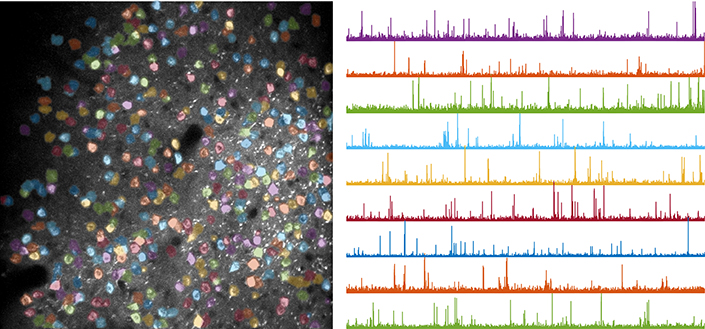2025-05-06 ニューサウスウェールズ大学(UNSW)
<関連情報>
- https://www.unsw.edu.au/newsroom/news/2025/05/new-chronic-pain-therapy-retrains-brain-to-process-emotions
- https://jamanetwork.com/journals/jamanetworkopen/fullarticle/2833582
慢性疼痛患者における感情調節障害に対するオンライン弁証法的行動療法 無作為臨床試験 Online Dialectical Behavioral Therapy for Emotion Dysregulation in People With Chronic Pain A Randomized Clinical Trial
Nell Norman-Nott, BPsychSc; Nancy E. Briggs, PhD; Negin Hesam-Shariati, PhD; et al
JAMA Network Open Published:May 6, 2025
DOI:10.1001/jamanetworkopen.2025.6908

Key Points
Question What is the effect of the online dialectical behavioral therapy for chronic pain (iDBT-Pain) intervention on emotion dysregulation in people with chronic pain?
Findings In this randomized clinical trial with 89 participants, those receiving iDBT-Pain demonstrated significant improvement in emotion dysregulation over 9 weeks after randomization compared with those who continued treatment as usual.
Meaning The findings support the superiority of iDBT-pain over usual treatment to improve emotion dysregulation in adults with chronic pain.
Abstract
Importance Current therapeutic approaches are inaccessible to many people with chronic pain and frequently fail to address emotion dysregulation as a key factor in psychological comorbidity and pain intensity. An effective and accessible emotion regulation–focused intervention is needed.
Objectives To compare the efficacy of online dialectical behavioral therapy for chronic pain plus treatment as usual (iDBT-Pain) with only treatment as usual on emotion dysregulation in people with chronic pain.
Design, Setting, and Participants This 2-arm randomized clinical trial was conducted from March 2023 to September 2024 in Australia. Participants were adults with chronic pain (lasting ≥3 months) and weekly pain intensity of 3 or higher out of 10 (10 indicating worst pain), without psychotic or personality disorders, and without dementia. Eligible participants were randomly assigned (1:1 ratio) to receive either iDBT-Pain for 9 weeks or treatment as usual only. Intention-to-treat data analyses were performed between August and September 2024.
Interventions The iDBT-Pain group received 8 group-based 90-minute therapist-guided online sessions as well as an app and a handbook for self-learning. Content focused on DBT skills training, including pain science education. Participants in the treatment-as-usual group continued usual care, which consisted of treatment options that can be accessed in the community.
Main Outcomes and Measures The primary outcome was emotion dysregulation at 9 weeks after randomization. The Difficulties in Emotion Regulation Scale (score range: 18-90, with higher scores indicating higher emotion dysregulation) was used in assessment.
Results Among 89 participants (mean [SD] age, 51.5 [14.2] years; 74 females [83%]), 44 (49%) were randomly assigned to the treatment-as-usual group and 45 (51%) were randomly assigned to the iDBT-Pain group. Overall, 79 participants (89%) completed the 9-week assessment. Between-group difference in emotion dysregulation over time favored iDBT-Pain over treatment as usual at 9 weeks (-4.88; 95% CI, -9.20 to -0.55; P = .03; Cohen d = -0.46 [95% CI, -0.87 to -0.08]).
Conclusions and Relevance In this randomized clinical trial, the iDBT-Pain intervention, delivered through a self-learning and therapist-guided hybrid approach, resulted in sustained improvements in emotion dysregulation in people with chronic pain.
Trial Registration Anzctr.org.au Identifier: ACTRN12622000113752


